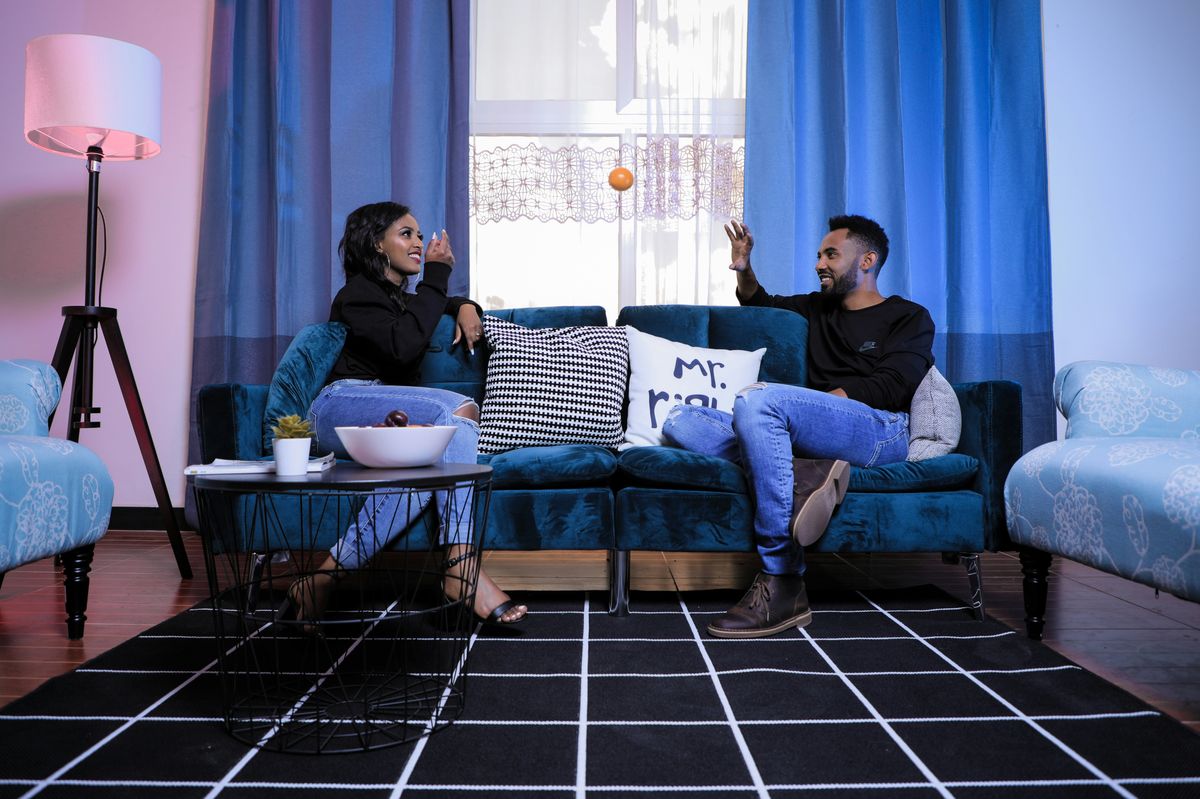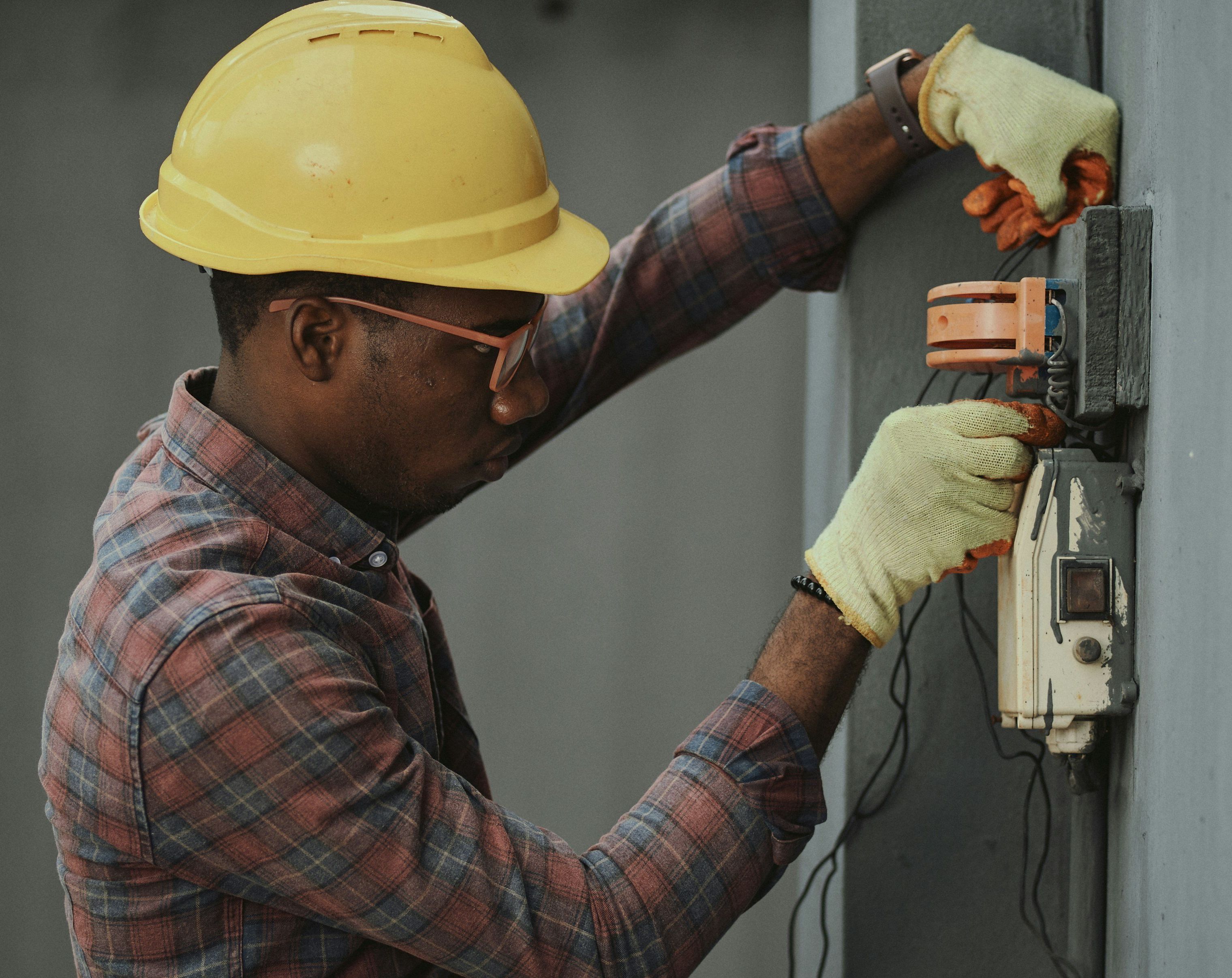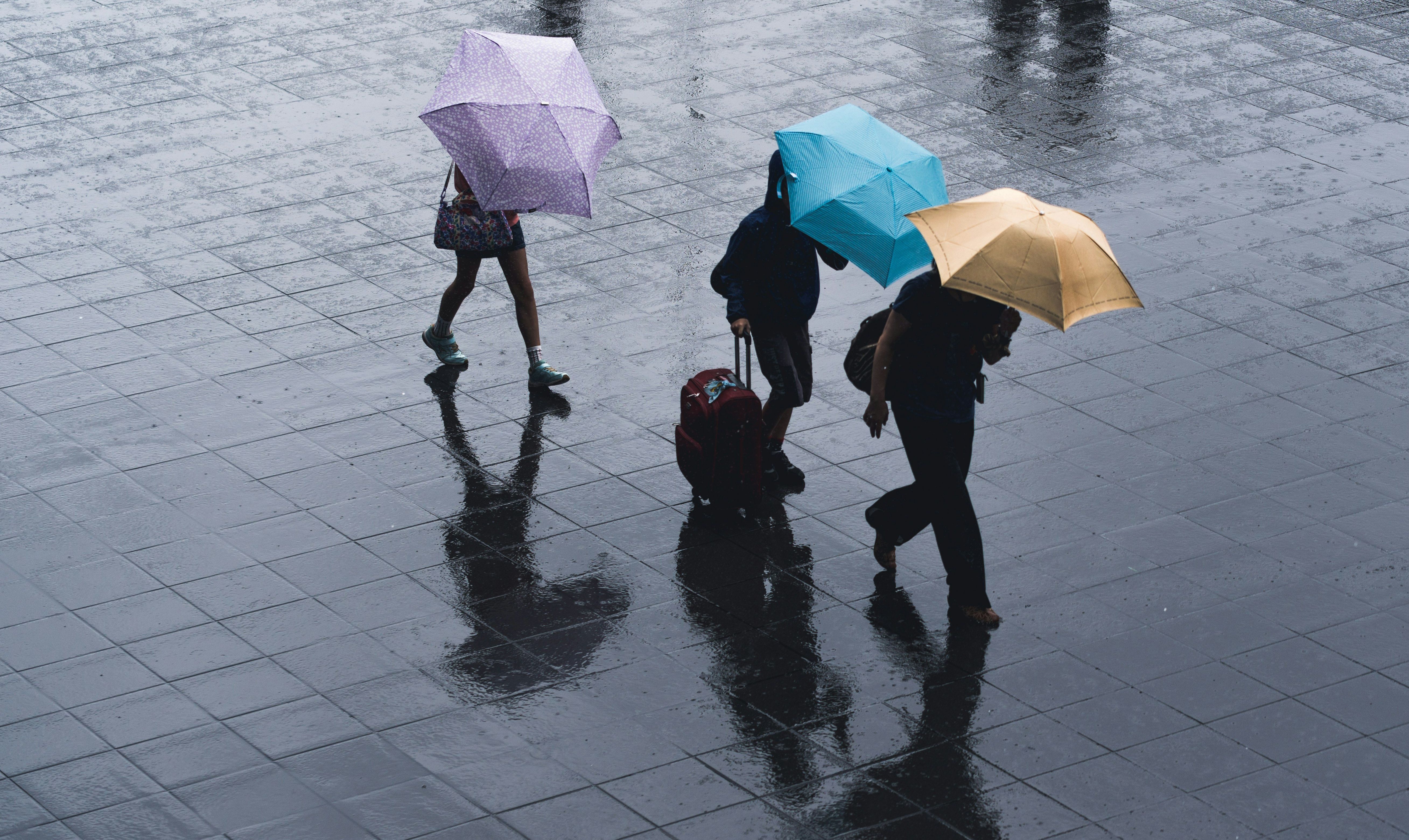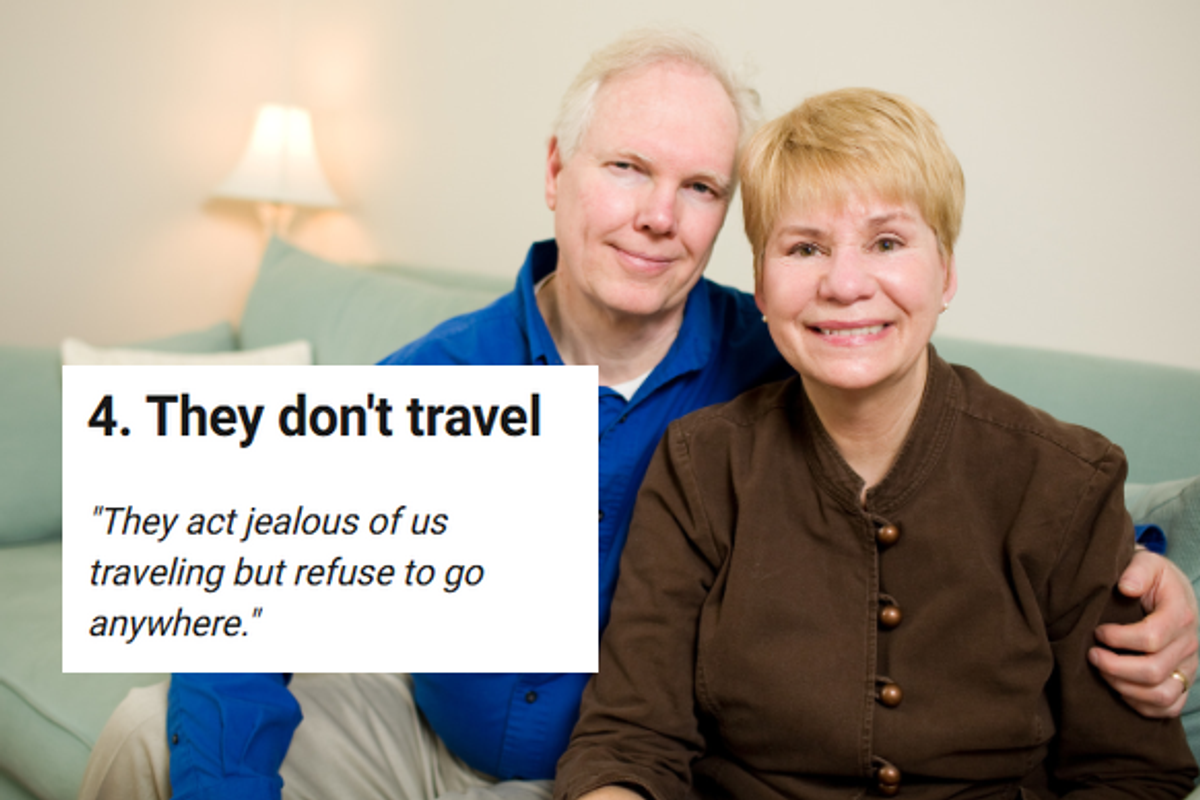Millenials share their boomer parents’ 15 quirky (and frustrating) habits they just don't get
"They act jealous of us traveling but refuse to go anywhere."
Boomer parents who don't like to travel, but say they do.
When it comes to intergenerational conflict, you never hear too much about Gen Z having a hard time with Generation X or the silent generation having beef with the baby boomers. However, there seems to be some problem where baby boomers and millennials just can’t get on the same page.
Maybe it’s because millennials were raised during the technological revolution and have to help their boomer parents log into Netflix. There’s also a political divide: Millennials are a reliable liberal voting bloc, whereas boomers are the target demographic for Fox News. Both generations also have differing views on parenting, with boomers favoring an authoritative style over the millennials' gentler approach.
A Redditor asked Xennials, older millennials, and younger Gen Xers born between 1977 and 1983 to share some quirks of their boomer parents, and they created a fun list of habits that can be both endearing and frustrating. The users shared that millennials are frustrated with their parents' abilities to use technology but are touched when they send them a greeting card.
Here are 15 boomer parent quirks that Millenials just don’t understand.
1. They save everything

2. Scary texts
"Will text something foreboding like 'we need to talk;' then turns out she forgot a recipe."
"My dad will text me 'You need to call me right now' when it’s nothing. And not tell me major life events until well after the fact. Like my aunt had a heart attack and I found out a week later from her son. (And my dad did know.)"
3. Stranger death toll
4. They don't travel
"They act jealous of us traveling but refuse to go anywhere."

5. They print everything
"My Boomer FIL prints out EVERYTHING from his computer. I understand printing out instructions or recipes to help remember but do you really need a file cabinet full of forwarded emails from friends and sale adverts from 5 years ago? Oh well, at least he keeps it organized. Also, both TVs in the house run 24/7 playing reruns of 'CSI: Who Gives a Sh*t Anymore?'"
"I'm not on Facebook, but my dad is. Last year, he made a celebratory post on my birthday and all his church friends liked and commented on it. He printed up the post and all of the comments, stapled it into a little book, and MAILED me the printed Facebook comments..."
6. 'From, dad' texts
7. Irrational fears

8. Expired food
"My mother-in-law doesn't throw out expired food. She has food in her pantry that is several years past their expiration dates. Same with condiments in her fridge. You just can't trust any of the food she has on hand because more than likely than not it's way expired. When we have brought this up, that she needs to throw some stuff out, she insists it's absolutely fine. It's not. "
"My grandmother is the same way. Once, she opened her refrigerator, and there was a jar of pickles with mold floating on the surface of the liquid. I pointed it out, and she said it was still good. She would just scoop the mold out at a later time. She has an incredibly strong stomach and immune system."
9. Smartphone addiction
10. Rigid gender roles

11. The TV is constantly on
"In-laws leave the TV on for all waking hours. And FIL gets irritated if someone talks over the episode of MASH or Walker, Texas Ranger, that he's already seen 50 times. Like clenching his teeth and stomping the floor."
"TV on 24/7. Constantly flipping between some version of Law and Order, HGTV, and Guy Fieri. Asking me 'did you see that commercial where…' No mom. I don’t have cable. I don’t see commercials. All of the time."
12. They are always right
"My parents are always right and they are not impressed about anything."
13. Obsessed with the weather

14. One more thing
"Without fail, every time I'm leaving my mother's house and backing down the driveway, she comes back out of her house and stops me to say something else, even though we'd just spoken."
15. Mail stress
"My mom has an anxiety attack during the entire journey of a package or piece of mail she dispatched to me. No, she doesn’t know how to track. She will not rest until she knows that a package has arrived or a nominal check has been cashed. She calls when she is thinking about sending something, when she sent it, when it’s en route, and when it’s expected to arrive. God forbid it’s late. And if I don’t issue a prompt thank you, she will guilt me."
- Teacher admits there are 11 things that Boomer parents totally got right ›
- Millennial argues Boomer generation 'anxiety-at-you' parenting language is bad for kids ›
- Mom explains the common Boomer parenting style that still affects many adults today ›
- Millennial says boomers have it all wrong when it comes to 'luxuries' - Upworthy ›
- The real reason why there's always room for dessert - Upworthy ›
- Millennials, Gen Xers, and even Gen Zers agree that these 'boomer' complaints are 100% correct - Upworthy ›
- Mom explains the 'dishonest' Boomer parenting style that still hurts many adults today - Upworthy ›
- Gen Xers are comparing themselves to the Silent Generation and the similarities are uncanny - Upworthy ›
- One habit some people enjoy that others don't understand - Upworthy ›
- Millennial mom is stunned when grandma compares parenting in the 80s to now - Upworthy ›
- Woman chastises dads who selfishly sabotage the 'magic' moms make for their kids - Upworthy ›
- Gen Z is more similar to Boomers than Millennials for these 14 reasons - Upworthy ›
- Gen Z and Millennials discuss the major differences between them - Upworthy ›
- Debate erupts after mom questions whether parents 'should' play with their kids on the playground - Upworthy ›
- Millennial dad of 3 unloads on boomer parents over their unreasonable holiday plans - Upworthy ›
- Expiration dates aren't set in stone. Here's when they matter. - Upworthy ›
- Millennial shuts down judgy boomers by comparing cost of 'luxuries' in 1980 vs 2025 - Upworthy ›
- 'Boomer panic' is real and there's a heartbreaking reason for it - Upworthy ›
- A simple historical fact explains why boomers are more likely to fall for misinformation - Upworthy ›
- Millennials discuss if their generation has 3 micro-generations - Upworthy ›
- Millennials are growing concerned about their Boomer parents being glued to their phones - Upworthy ›
- Gen Xers and Boomers share outrageous behaviors that used to be considered 'normal' - Upworthy ›
- Gen Xers and millennials share childhood memories that would 'destroy' today's kids - Upworthy ›
- Millennials love greeting cards, and have saved the industry - Upworthy ›
- Gen Z poet conveys the effects of the phone-based childhood - Upworthy ›
- 15 things Millennials say Baby Boomers were right about - Upworthy ›
- People have newfound empathy for Boomers after video reveals truth - Upworthy ›
- Boomers say stop wasting money on 'luxuries.' Millennial proves they have it backwards. - Upworthy ›
- 17 strange things Baby Boomer parents do - Upworthy ›
- Boomers share 17 pieces of helpful life advice for Gen Z - Upworthy ›






